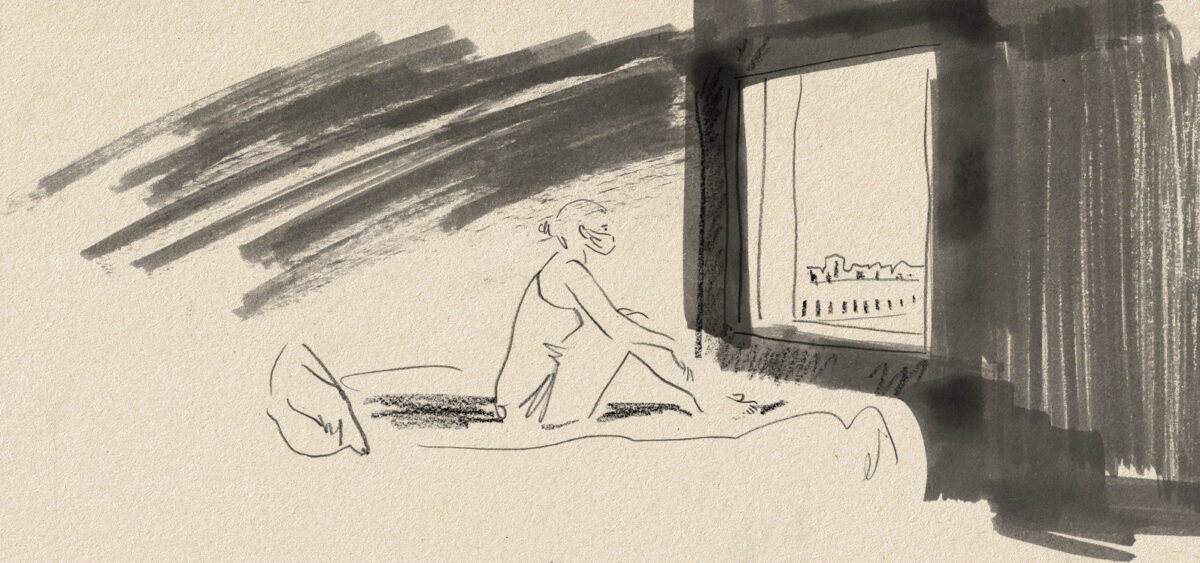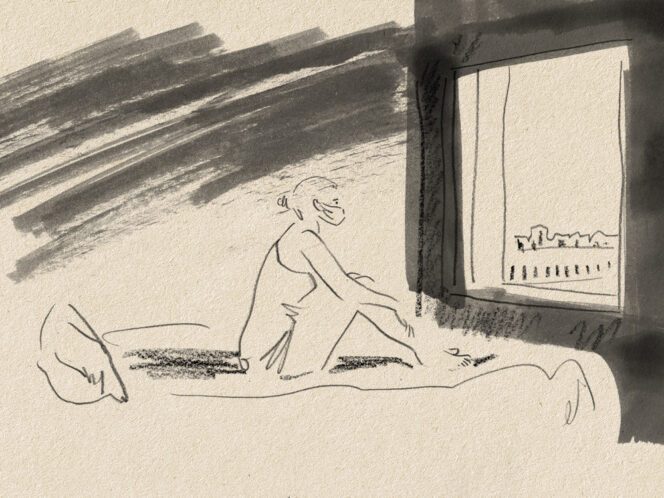
At the start of the pandemic, Nicola Dominici opened a vegan restaurant in Miami. To meet its kitchen’s demand, he started growing over seven tons of mushrooms per month. Nicola Dominici set out for Florida from the dense forests of Umbria, making several stops in different parts of the world, including London, as he went. Brought up in a region of Italy known for its conservative values, his worldview was transformed once he arrived in Miami. But his love for Italian food survived. As soon as he unpacked, Nicola opened a vegan restaurant—somewhere along the way, he’d lost faith that we have to eat meat.
Ewa Pawlik: There have been reports that following Berlin, Warsaw is the second best European city when it comes to the overall number of vegan restaurants.
Nicola Dominici: In the US, veganism is also becoming increasingly popular, although customers are still looking for meat substitutes. They are also happy to choose comfort food, ie, dishes that are associated with home. We often achieve such flavors in our restaurant using mushrooms. For most people, they evoke associations with childhood. I myself remember mushroom picking with my grandfather. Almost every Italian from Umbria has these memories!
It’s the same with Poles, but for quite a long time mushrooms have had bad press.
They were often considered as an addition rather than as a base and accused








